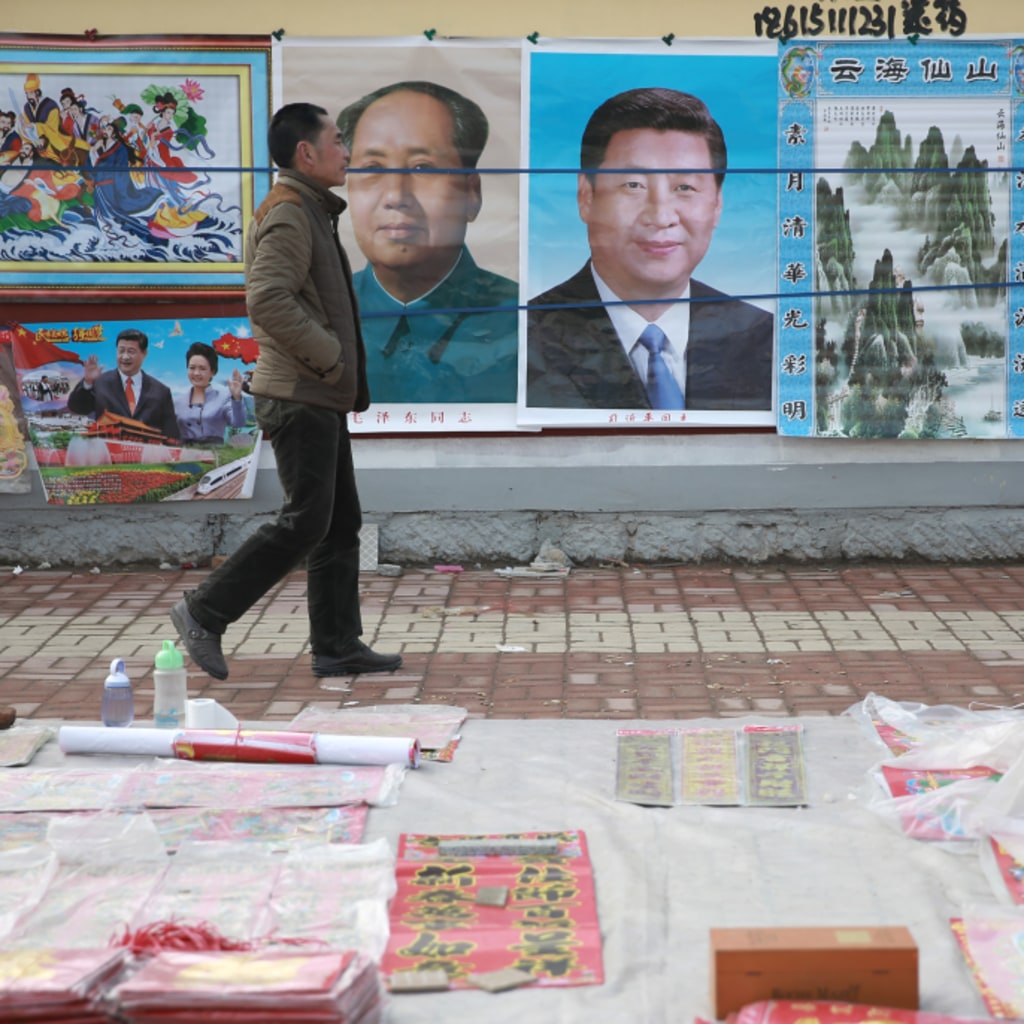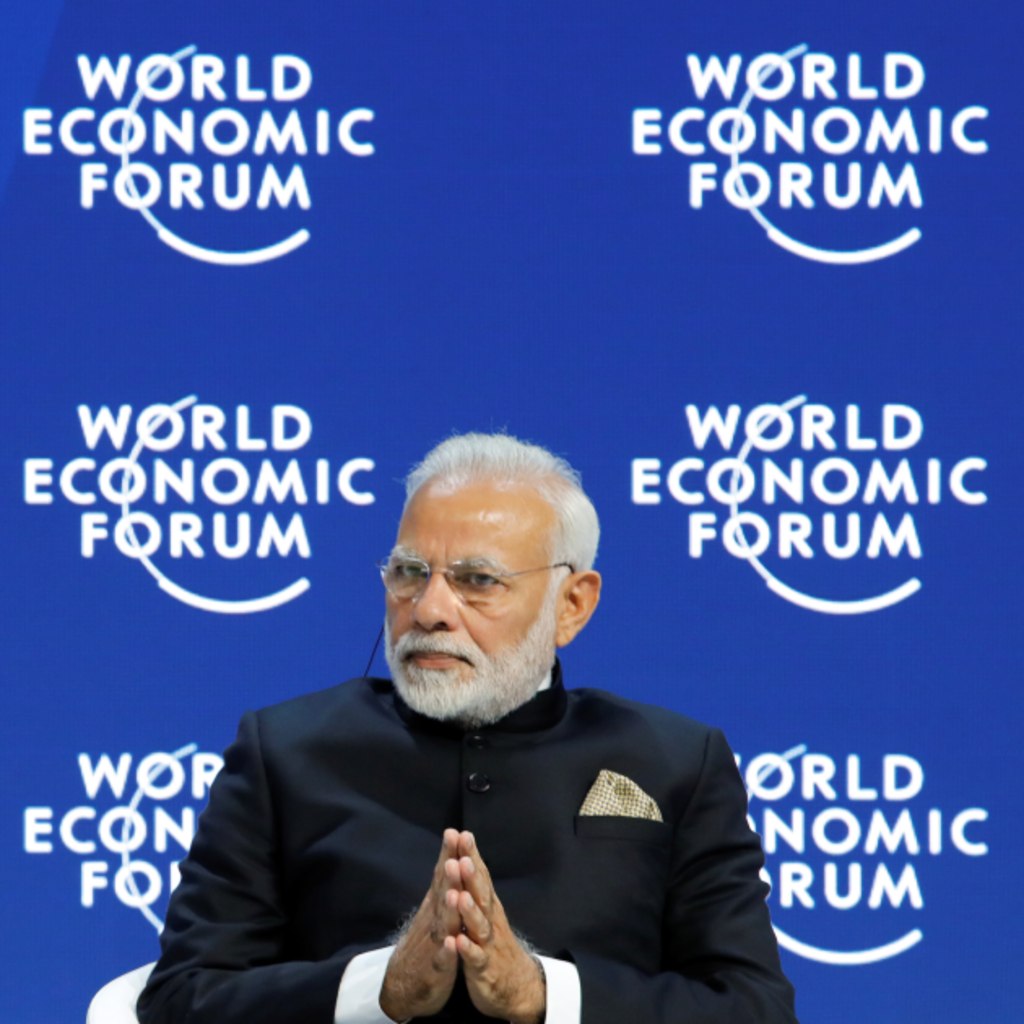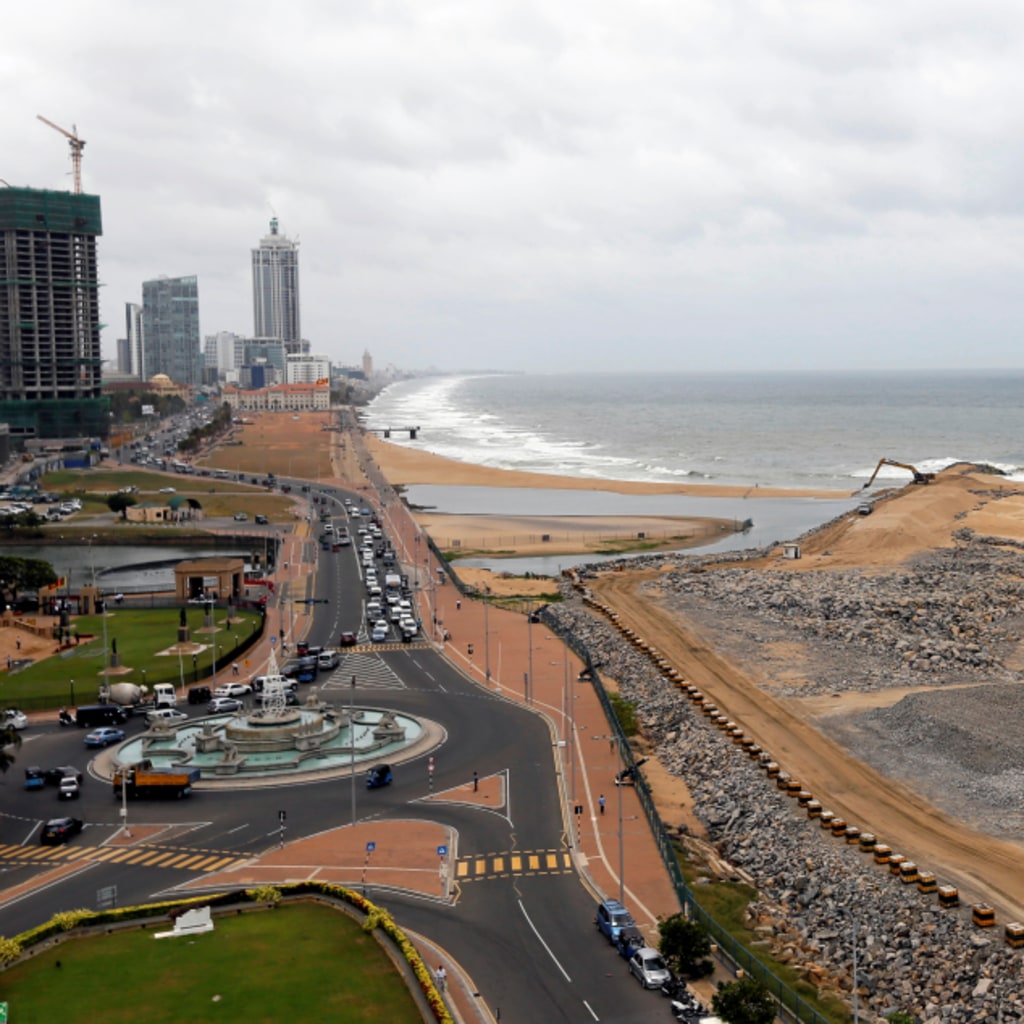Podcast: A Force So Swift
Loading...
0:00 / 0:00
Published
Show Notes
Dean Acheson. Mao Zedong. Harry Truman. Chiang Kai-Shek. All were significant players during one of China’s most pivotal years. In 1949, Mao’s Communist army swept across the country, defeating the Nationalists and establishing the People’s Republic of China. The aftermath of the Communist Revolution transformed American policy towards Asia—laying the groundwork for subsequent wars and forcing U.S. statesmen to respond to threats both at home and abroad. In A Force So Swift: Mao, Truman, and the Birth of Modern China, 1949, journalist Kevin Peraino examines the events of 1949 through the eyes of its most influential figures. Peraino draws on everything from telegrams between Chiang Kai-Shek and his wife to declassified CIA documents to interviews with participants from that year to understand the forces that influenced each actor’s decisions and how and why events unfolded the way that they did. This week’s Asia Unbound podcast takes viewers back in time to explain the legacy of 1949 and its relevance to today. Listen below to learn more about that transformative year and the players who shaped—and continue to shape—our world.


